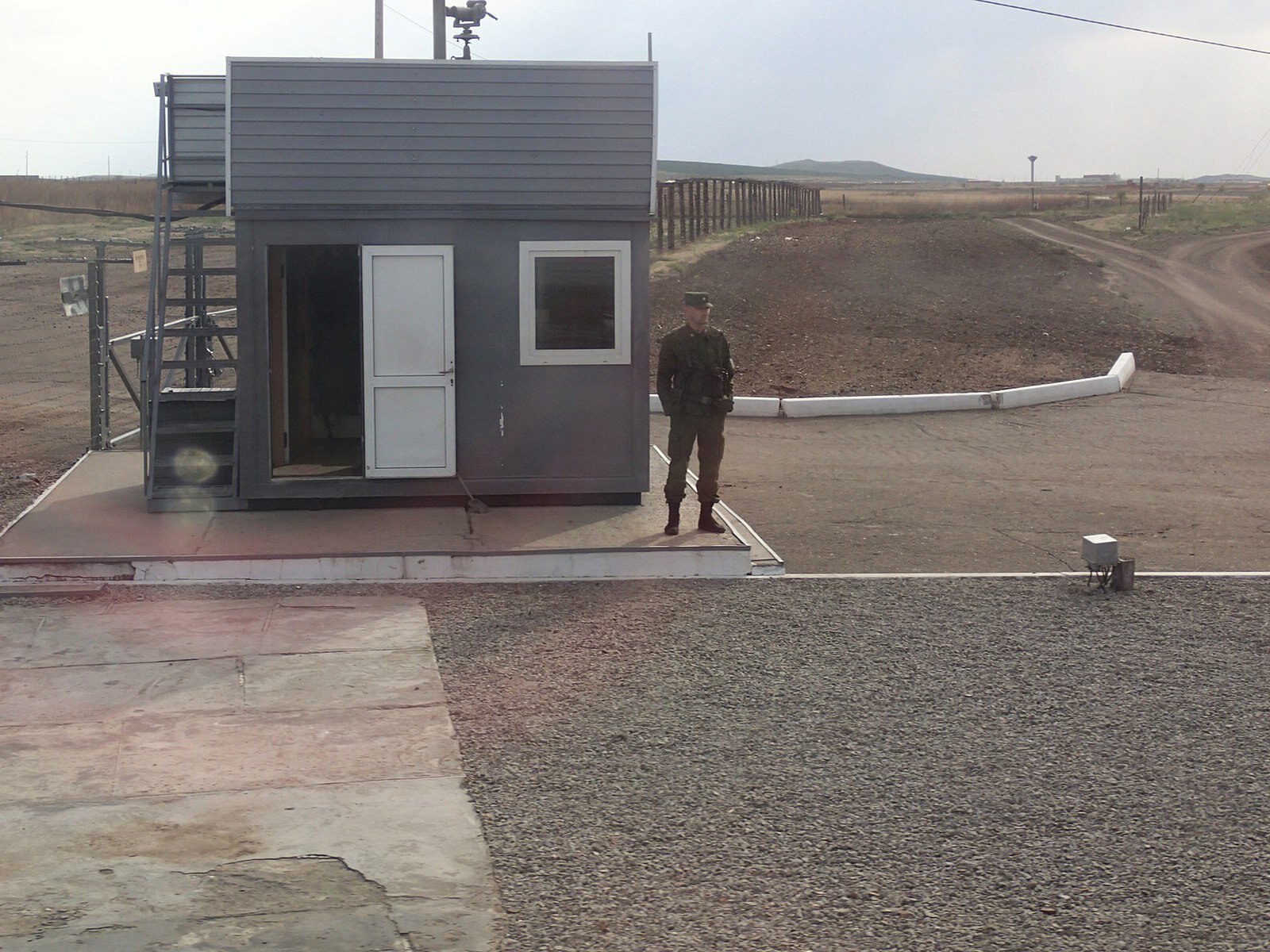Russia Reacts to COVID-19 Outbreak by Confining and Deporting Travelers
The Russia-China border has grown contentious as the COVID-19 epidemic spreads. (Wikimedia Commons)
In the wake of the COVID-19 outbreak, Chinese authorities deported more than 140 Russian citizens from Wuhan, China, earlier this February. Upon their return to Russia, these citizens were quarantined for two weeks in the Siberian town of Tyumen. Thus far, no one from this group has been diagnosed with the virus.
During their time in Siberia confined to an infirmary patrolled by the Russian National Guard, many quarantined individuals have taken to social media to blog about the ordeal. Some of their posts include workout videos, room tours, pictures of meals, and even a live Q & A on Instagram and TikTok.
One woman, known by the Instagram handle @nd.nadias, acknowledged the wariness that locals must be feeling towards these new arrivals from Wuhan. Nevertheless, she emphasized that passengers were “taken straight from the plane to the infirmary,” and she doesn't “understand where so much hatred and panic came from.”
Another quarantined citizen, Pavel Lichman, has been uploading comedy videos on TikTok and told The Guardian that “the quarantine is pretty hands-off and easy. The only thing is that we're not allowed to come into contact with the people who are in the neighboring rooms.”
Doctors have done constant checkups on the patients, including checking temperatures, examining throats, and checking for oxygen content in their blood.
While the quarantined Russians in Tyumen are passing the time with humor, many of those in Siberian towns bordering China remain fearful regarding the disease’s potential spread. One such town, Blagoveshchensk, lies just on the other side of the Amur River, which separates Russia from China.
Although the virus has yet to infect a single person in the small border town, many have been praying in the Cathedral of the Annunciation just 600 yards north of China. “A thousand may fall at your side, ten thousand at your right hand, but it will not come near you,” Dmitri Zhang, a Chinese Orthodox priest, preached in the church. Some peace of mind did come, however, when President Vladimir Putin sealed the Siberian border with China, rendering regional hotels, stores, and even the local university virtually empty.
The potential pandemic has also had swift market repercussions for Russia, as many companies reliant on the Chinese economy have now experienced unprecedented economic downturn.
Far from Russia’s border with China, Moscow has also taken drastic measures to prevent the spread of the virus, including deporting 88 foreigners who violated quarantine measures, euthanizing stray animals such as dogs and rats, and even going so far as to raid homes and install facial recognition technology to enforce quarantine laws. The Chinese Embassy in Moscow reacted to the latter action, arguing that Moscow has imposed discriminatory laws that target Chinese citizens in Russia.
As the world focuses on COVID-19’s eastward spread towards Japan and its westward spread towards the Middle East and Europe, Russia is preparing for its inevitable spread northwards and into Russian territory.

